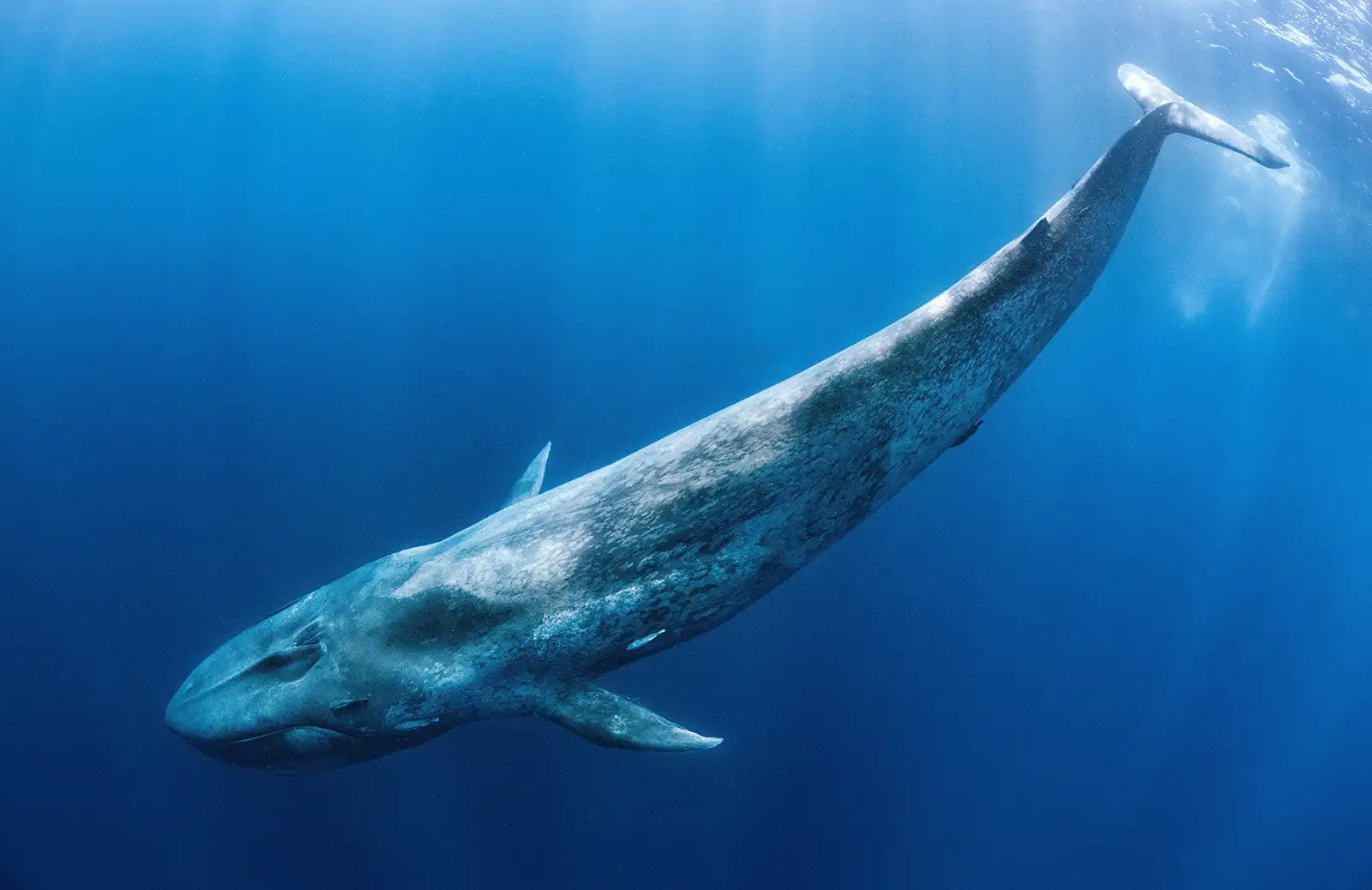When I first saw blue whales feeding off the coast of Sri Lanka it challenged everything I’d been taught.
by Dr Asha de Vos, Sri Lankan marine biologist, ocean educator and pioneer of blue whale research within the northern Indian Ocean.
These giants weren’t meant to be here, feeding in warm tropical waters – but they were. Little did I know, but this discovery would shape the course of my career and blue whale science as we knew it.

As a young Sri Lankan scientist fresh out of university, this discovery left me wanting to unravel the hows and whys of what I had observed.
But when I reached out for advice, the response was telling: international researchers offered to help – by taking over. They asked me to get permits so they could come to Sri Lanka and conduct research.
The message was clear: I wasn’t seen as capable of leading my own discovery.
That experience was my first confrontation with parachute science, a model in which researchers from the global north conduct studies in biodiversity-rich nations in the global south, and then leave, taking the data and recognition with them. This model builds partnerships only after funding is secured, excluding local voices and derailing homegrown efforts while also ignoring priorities on the ground. Equitable partnerships cannot be built as afterthoughts.
This isn’t just about individual researchers. Large NGOs do it too – rebranding local work, erasing our contributions, and fuelling the harmful myth that those on the ground lack capacity, interest, or – worse still – don’t even care.
Despite the offer to take over, I refused to be sidelined. It took five years, but in that time I slowly chipped away and established the Sri Lankan Blue Whale Project. Since then my work has transformed our understanding of how tropical oceans support blue whales – the largest animal on Earth.
But this is bigger than whales.
When travel stopped during COVID, many researchers complained about data gaps because of the lack of travel to their field sites. However, the way I saw it, if local partners had been equitably included from the get-go, the work could have continued even across continents. While I had been working to dismantle parachute science for years before this, COVID laid bare just how broken the system is – not for want of talent but persistent exclusion – and many people woke up to the reality of the issue.
I built Oceanswell, Sri Lanka’s first marine conservation research and education organisation, in 2017 because of the experiences I had had with parachuters.
I wanted to walk the talk, test out better models of doing marine conservation where local leaders build projects based on ground priorities and invite external collaborators with technical capacity and more than an ounce of humility to support, train and participate. Never to be the face or the project lead, but simply to help us build the world’s largest team that can resolve some of our oceans’ greatest challenges.
Here, we don’t do “capacity building”, we believe in capacity sharing. Local context and lived experience matter just as much as technical expertise because we know that without the former, the latter is useless.
We lead. Ultimately, inclusion is not about keeping people out – what matters is how we create and share space in an equitable manner that is also respectful.
To solve the global ocean crisis we must build the world’s largest, most inclusive team.
That means respecting Indigenous knowledge, making science accessible in local languages, investing in young people, and creating safe, inclusive fieldwork environments – especially for women and LGBTQIA+ researchers – and so much more.
As I always say, ‘talent is equally distributed, but opportunity is not.’
We can’t protect the ocean by continuing to exclude the very people who live by and know it best. Representation tells people: you belong. And until everyone is truly at the table, our planet will pay the price.
“This is the story of our ocean, and how we must write its next chapter together.”
After seven decades filming every aspect of the natural world, David Attenborough delivers his greatest message of hope for our planet.